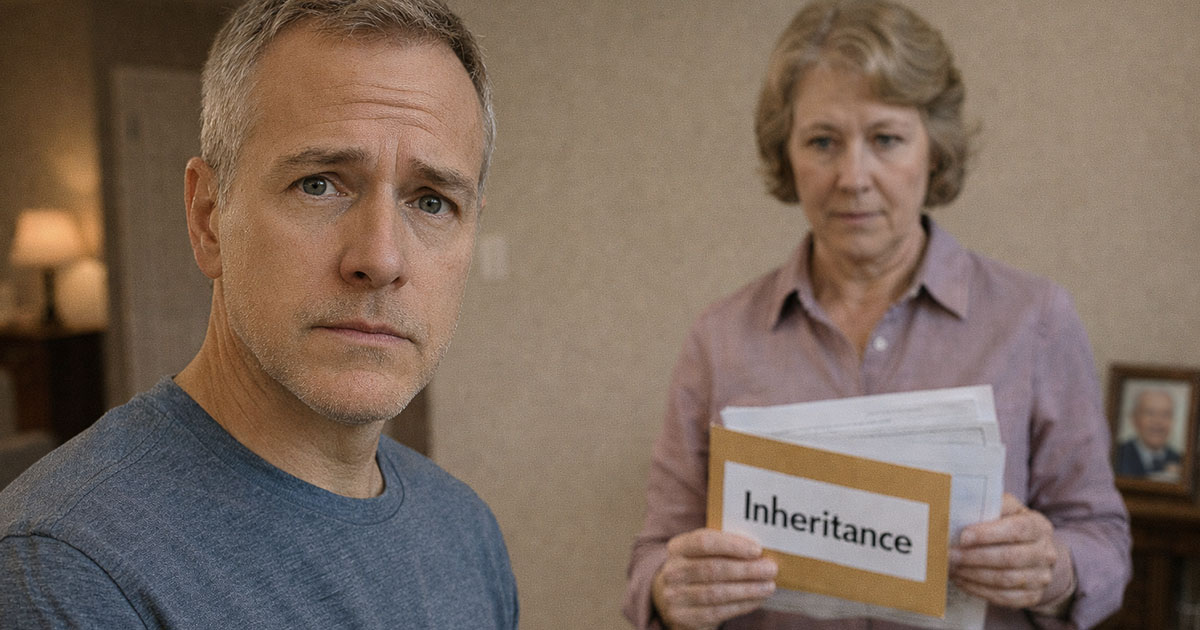Retiring before 40 may sound like a pipe dream, but it’s a real and achievable goal for a growing number of people. Those who pull it off don’t rely on luck or lottery tickets. Instead, they adopt disciplined money habits that set them up for long-term financial freedom. Here are 10 key habits they share.
They Live Well Below Their Means
People who retire early are often extreme savers. While the average person might save 10–15% of their income, early retirees often save 50–70%. This isn’t about deprivation—it’s about choosing what matters. They cut expenses that don’t align with their goals and learn to live on much less than they earn.
They Track Every Dollar
Budgeting isn’t optional—it’s a lifestyle. Early retirees know where every dollar goes. They use apps or spreadsheets to track income, spending, and net worth. This awareness helps them identify waste, curb impulsive spending, and maximize their savings rate.
They Avoid Lifestyle Inflation
As income rises, many people start spending more—upgrading cars, homes, and wardrobes. Early retirees hear the little voice that says “treat yourself!”, and resist that pressure. Instead of spending more, they bank the raises, investing the extra income to speed their path to financial independence.
They Maximize Income Early
People who retire young are strategic about income. They choose high-earning careers, side hustles, or entrepreneurial paths that allow them to earn aggressively in their 20s and 30s. They view income not as money to spend, but as investment capital.
They Invest Consistently and Aggressively
Early retirees make investing a top priority. They favor low-cost index funds, retirement accounts, and real estate. They understand compound interest and know that starting early is the single most powerful financial lever they have. Even modest returns grow dramatically over time when paired with high savings rates.
 Jacob Frey 4A, Wikimedia Commons
Jacob Frey 4A, Wikimedia Commons
They Minimize Debt—Especially the Bad Kind
Early retirees are debt-averse. They avoid high-interest debt like credit cards, personal loans, and unnecessary car payments. If they have a mortgage, it’s often modest compared to their income. Some aggressively pay it off; others keep it low and invest instead. But none carry consumer debt that drags down their wealth-building momentum.
They Focus on Freedom, Not Status
Retiring early often means ignoring social norms. These individuals know that time is the most precious commodity rather than luxury cars or trendy clothes. They resist the urge to “keep up with the Joneses” and build a life that aligns with their values, not society’s expectations.
They DIY When Possible
Whether it’s home repairs, cooking meals, or managing their own investments, early retirees often adopt a do-it-yourself mindset. They learn skills that save money in the long run and avoid paying for services they can handle themselves. This habit builds self-reliance and reduces expenses.
They Plan for Financial Independence—Not Just Retirement
Retiring early doesn’t mean sitting around. Many early retirees continue working—on passion projects, businesses, or part-time jobs. The difference is, they work because they want to, not because they have to. Their money habits aim for freedom of choice, not an endless vacation.
They Stay Consistent for the Long Haul
Reaching early retirement isn’t about one good year—it’s about years of consistent disciplined effort. Those who succeed stick to their plan even when tempted to splurge, even when markets dip, even when others doubt them. They understand that financial independence is a marathon, not a sprint.
Habits, Not Hype
Retiring at 40 isn’t reserved for tech founders or Wall Street wizards. It’s the result of intentionally living below your means, saving, investing, and staying the course. These habits may seem simple—but they require a mindset in favor of long-term vision over short-term pleasure. Whether you want to retire at 40, 50, or simply build a more secure future, these habits are tools to help you take charge of your financial life—one intentional choice at a time.
You May Also Like:
15 Ways To Put More Money Aside For Your Future In 2025
Payday Routines That Will Set You Up For Retirement
10 Brilliant And Fun Ways To Beef Up Your Retirement Bankroll











